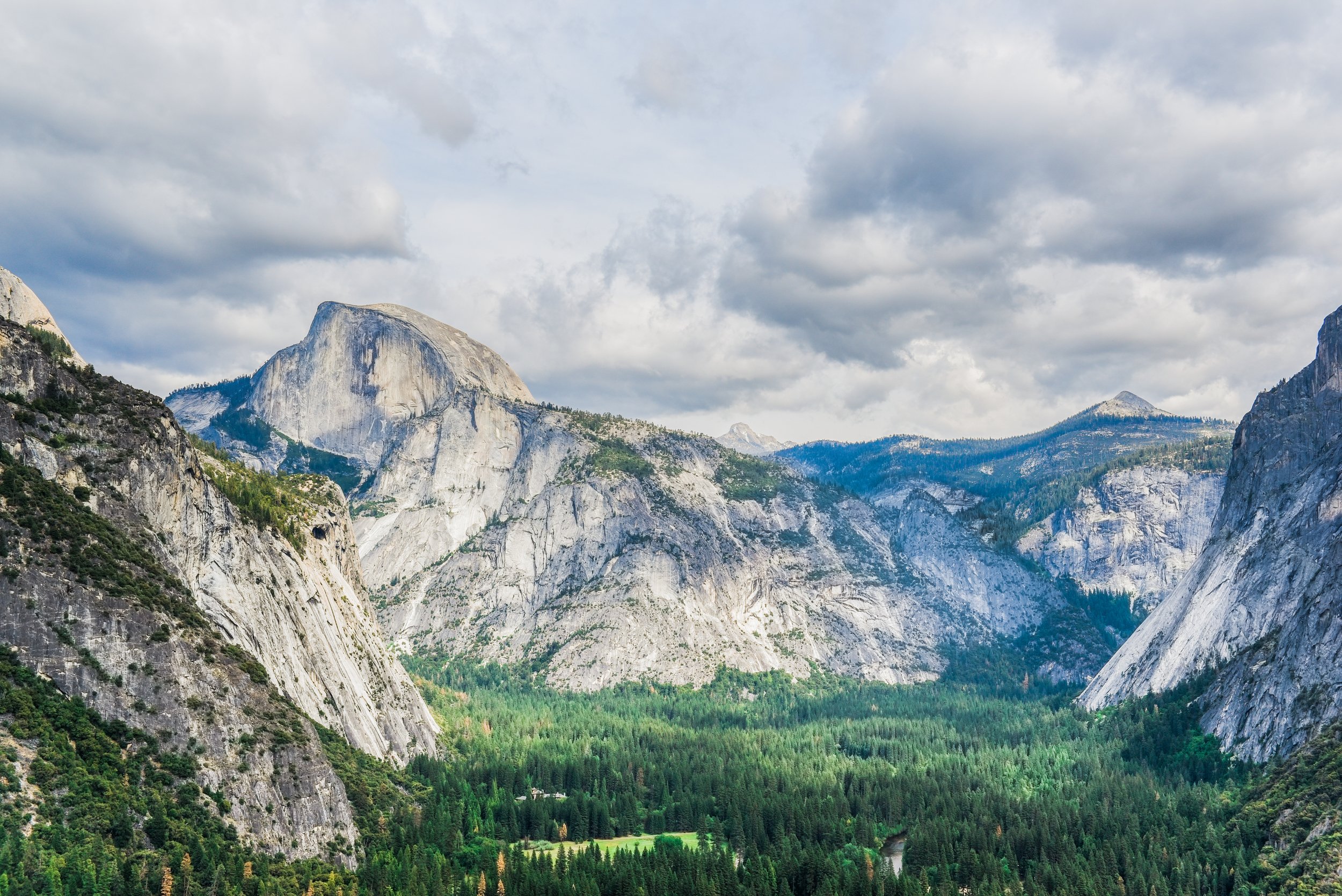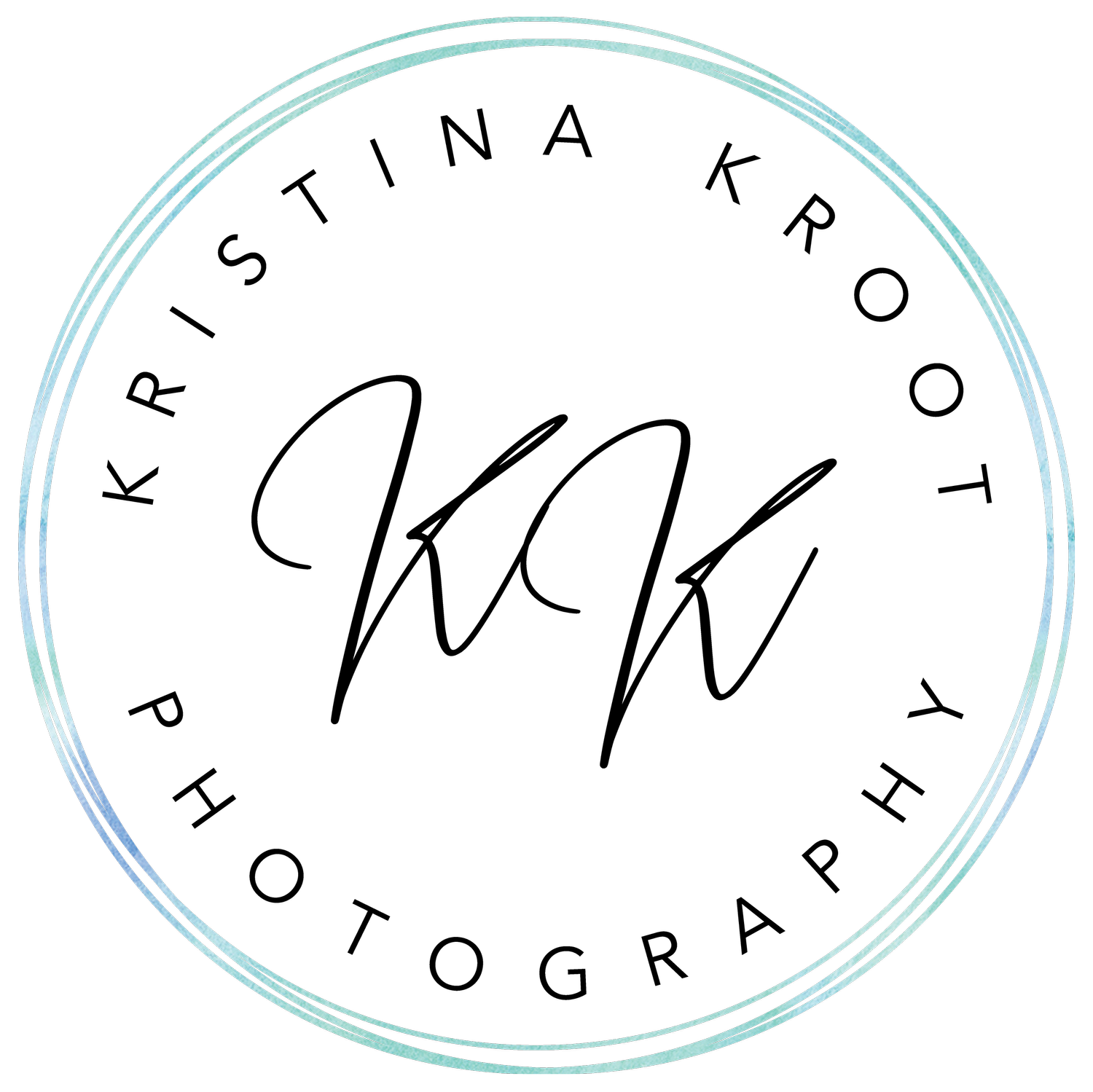My personal ethical guidelines that I follow as a photographer:
First and foremost, I believe in being inclusive. I welcome and support people from all walks of life, and I treat everyone with dignity and respect, regardless of their sexual orientation, gender identity, race, ethnicity, culture, national origin, social and economic class, educational level, color, immigration status, sex, age, size, family status, political belief, religion, and mental and physical ability.
Furthermore, I believe in treating everyone equally. It doesn't matter who you are, where you come from, or what you do - everyone deserves to be paid fairly for their hard work. In my work, I treat everyone the same, whether it's a big business or a sole trader. I believe that everyone has the capacity for good, and should be treated accordingly.
I view photography as a tool for change, and I work hard to avoid stereotyping individuals, gender roles, and groups in my work. I aim to educate my clients about the importance of diversity in the media, and to increase the visibility of underrepresented groups. Through my practice, I consciously create images for social change.
When conducting myself professionally, I always strive to choose my words and actions carefully. I believe in being kind, honest, having integrity, and giving the best of myself to help others succeed. For me, being professional means working towards excellence, exceeding expectations, and delivering on time - all while maintaining respect and professionalism.
I also believe in helping my colleagues and profession. There is enough work for everyone in photography, and I want to be a friend, mentor, and colleague rather than a competitor. I am always willing to share knowledge freely, and to work collaboratively to improve our industry and our art form.
I strongly believe that differences can be turned into strengths. Diversity is a source of strength, and I welcome different opinions and perspectives on issues. I believe that by listening and working together, we can come up with new ideas and solve problems.
As an ethical bystander, I feel a duty of care to act when I observe harassment, disrespectful behavior, or bullying towards another. I never condone such behavior, and I believe that ignoring it could be seen as silent approval. As a bystander, I recognize that I have an impact, and I strive to make that impact a positive one.
Finally, I believe that photographers should lead with respect. I believe that all subjects should be treated with respect, and that in situations where someone needs assistance and no one else is present, photographers have a responsibility to act rather than document. When photographing culturally or politically sensitive issues, it's important to protect the identity and privacy of the individuals involved. By leading with respect, I believe that we can create a more positive and inclusive world.


